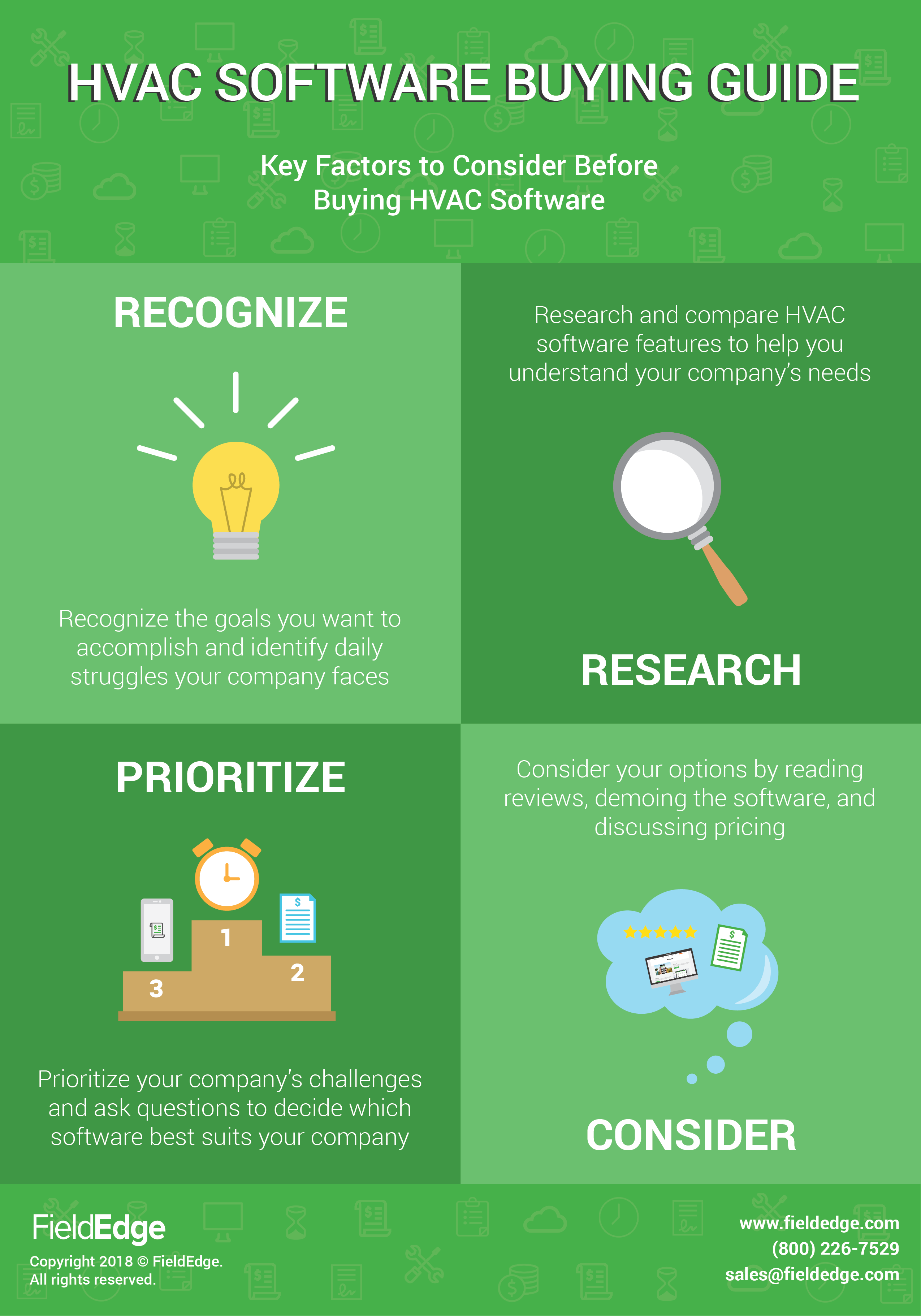Discovering The Ecological Benefits Of Heat Pumps - A Sustainable Home Heating Service
Discovering The Ecological Benefits Of Heat Pumps - A Sustainable Home Heating Service
Blog Article
Material Writer-Keating Borup
In an age where sustainability and energy performance are paramount, many businesses seek green home heating solutions. One such solution is the heat pump.
A heat pump draws out the warm in its environments and pumps it into your home, causing among the most effective environment-friendly main heating unit around. This process also generates no greenhouse gas discharges, making it a highly lasting modern technology.
Power Efficiency
Heat pumps are extremely power efficient and need little maintenance. They utilize less electrical power than other heating unit and are without a doubt the most eco-friendly. They work well with roof solar and can commonly pay for themselves in utility savings alone.
They can also provide air conditioning, which is fantastic for garage workshops, attic room hangouts and perk rooms, and home additions without extending the existing ductwork. They can also be made use of for retrofits in existing homes with hydronic (water-based) distribution systems such as reduced temperature level radiators or glowing floors.
Search for models with SEER and HSPF scores that satisfy or exceed Canada's minimum criteria, as well as the standards in your region. Higher ratings mean better efficiency, which saves you money in the long run and lowers your carbon footprint. You might even get discounts and motivations! The most effective units are those with a ground warmth exchanger for included performance. These units can soak up thermal energy from the ground throughout the wintertime and essence it in the summertime.
Reduced Greenhouse Gas Emissions
Heatpump operate on electrical energy and basically move warm from the air, even when it's chilly exterior. They are able to extract the complimentary heat trapped in air particles and move them indoors, reducing humidity while doing so.
Contrasted to gas heating systems, contemporary heatpump utilize less than one kilowatt of electricity per kilowatt of home heating power they produce. This makes them one of the most power efficient home heating alternative offered with a COP (Coefficient of Performance) of 4 or more. By reducing the demand for nonrenewable fuel sources, heat pumps help in reducing greenhouse gas discharges and cut other major air toxins.
mouse click the up coming website page is an international vital, and the HVAC market is a crucial chauffeur of that procedure. Whether it's real estate investors making web zero commitments, policy makers establishing emissions limitations, or renters requiring greener areas, electrical heat pumps are being identified as a vital option. They are an economical way to minimize carbon exhausts by removing the need for fossil fuels in structures.
Flexibility
Heatpump can be used in several sorts of homes and structures-- with or without air ducts. They deal with hot-water radiators, air-conditioning and programmable thermostats. They can change heaters or be mounted in new houses. They can run on solar panels, geothermal systems or perhaps area home heating resources like wastewater.
They're great at delivering more warmth per energy system. As an example, an air-source heat pump creates as much as 3 or more heating systems from each electricity unit it eats.
Obtaining one of the most from your heatpump will depend on your climate zone and quality of insulation. Try to find models with power STAR ratings and compare their SEER or HSPF specs. In https://jaredddzvr.blog-kids.com/29497938/the-future-of-home-heating-just-how-heat-pump-innovation-is-evolving , focus on SEER; in colder areas, consider a system with a higher HSPF rating. On top of that, buy air securing and insulation to lower the tons on your heatpump. That will enhance power effectiveness and help you reach your Net Zero goals faster.
Biomass Boilers
Biomass boilers use wood pellets, chips or logs to develop warmth and warm water. They are a great option for off-grid buildings or those that want to get off the gas grid.
As a standalone heating unit, biomass can give adequate power to keep your home warm throughout the year without the regular warmth drop off of various other eco-friendly innovations. They can also be used along with photovoltaic panels to maximise savings and benefit from RHI settlements.
A disadvantage of these systems is the upfront expense and normal gas deliveries. Frequently, look at this site will need to be blown into a fuel store making use of a vacuum system or they can be manually fed right into the central heating boiler with a hopper. Logs are normally self-sourced from nearby timberland or acquired wholesale. In addition to this, they require manual loading and might require cleansing regularly.